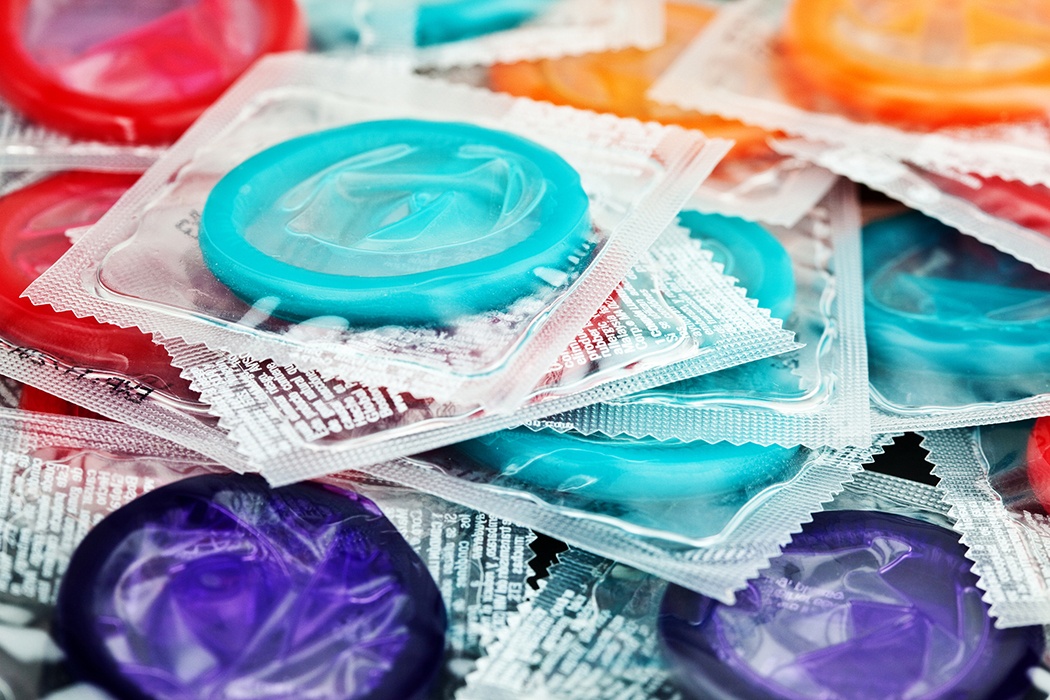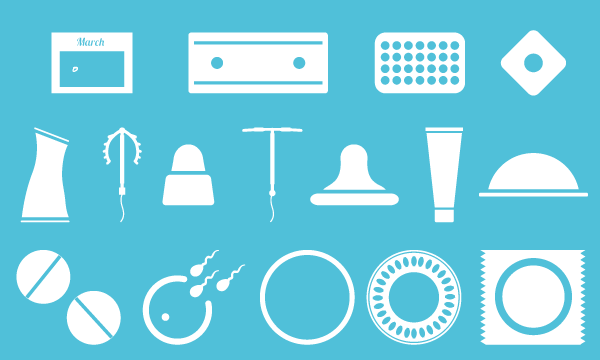As spring dawns upon us, the refreshing rains bring flowers to bloom and make students sick all around the country. Spring is a wonderful season—winter is finally gone, the sun is out, and people tentatively put away their heavy winter coats in favor of lighter clothing. However, it may be too soon to celebrate the warmer days. People have a tendency to get sick a lot during the early springtime, usually with colds. Colds are the type of sickness that aren’t terrible enough to make you have to miss class but still bad enough to make it hard to sleep, hard to focus, and make you feel a bit down overall. The best way to avoid getting sick this cold and flu season is to understand what causes—and what doesn’t cause—the cold.
The cold virus generally enters the body through the nose, and just a small dose of the virus, like 1 to 30 particles, is enough to cause an infection. How is this infection caused, you ask? Broken down simply, the virus attaches itself to a receptor and goes into cells where it creates new viral particles and eventually kills the cell by causing it to rupture. When this happens, new virus particles are released, which then in turn infect other cells and repeat the cycle. The symptoms you get from having a cold are due to your immune system’s response to the cold virus. Inflammatory mediators in your body help protect you from the infection, but they also cause increased mucus secretion and activate sneeze and cough reflexes.
One of the biggest myths floating around is that going out in cold weather or going out with wet hair can give you the cold. This actually isn’t true, because the virus isn’t transmitted through cold weather—anyone can catch it, as long as they get in contact with the virus. This common misconception originated because colds are more common during cold-weather seasons, like winter and early spring, since the virus prefers a drier environment. Also, cold air can often cause a runny nose, but it won’t necessarily cause you to catch a cold. Various studies have been conducted to prove that people in cold weather conditions were not more susceptible to catching a cold; once again, it depends on whether or not the virus enters your body.
You can catch a cold in warm weather, too; it is just a lot less likely. One of the main reasons a lot of people get sick in the winter time is because we spend a lot more time indoors and therefore in close proximity to others, which makes it easier for the virus to spread from person to person. Having a strong or weak immune system isn’t a very accurate indicator either. Even the healthiest of people can get the virus; one study showed that 95% of healthy people caught the infection when the virus entered their nose.
Now that we’ve gone over some misconceptions about catching colds, let’s look at a couple of myths about how to treat them. One of the common sayings regarding illness treatment is “feed a cold, starve a fever.” Following this advice would probably be a bad idea. When you are sick, you need to eat well and drink fluids continually to keep your body nourished so it can combat the illness. Starving yourself won’t alleviate your fever, while feeding yourself is the way to go, regardless of whether you have a cold or fever.
This next topic isn’t quite a myth, but there is still a lot of research and controversy surrounding it. This iffy topic is whether or not taking vitamin C will help you with your cold. Vitamin C helps maintain your bones, muscles, and blood vessels. Additionally, it also helps your body form collagen and absorbs iron. But will it help cure your cold? A study done in 2007 found that vitamin C supplements didn’t help reduce the length or severity of colds in the patients. Daily vitamin C intake over the course of one’s life had a slight effect of shortening the lifespan of a cold, but only by 8%. This means one fewer day of illness for every 12 days sick. However, vitamin C supplements were found to be quite effective for athletes and others who work in extreme conditions, cutting the risk of catching a cold by 50%. Again, it is good to note that this effect is achieved by taking daily doses and not by ingesting hundreds of milligrams when you start to feel ill.
Article by Loreen Atallah
Feature Image Source: 30Seconds
























